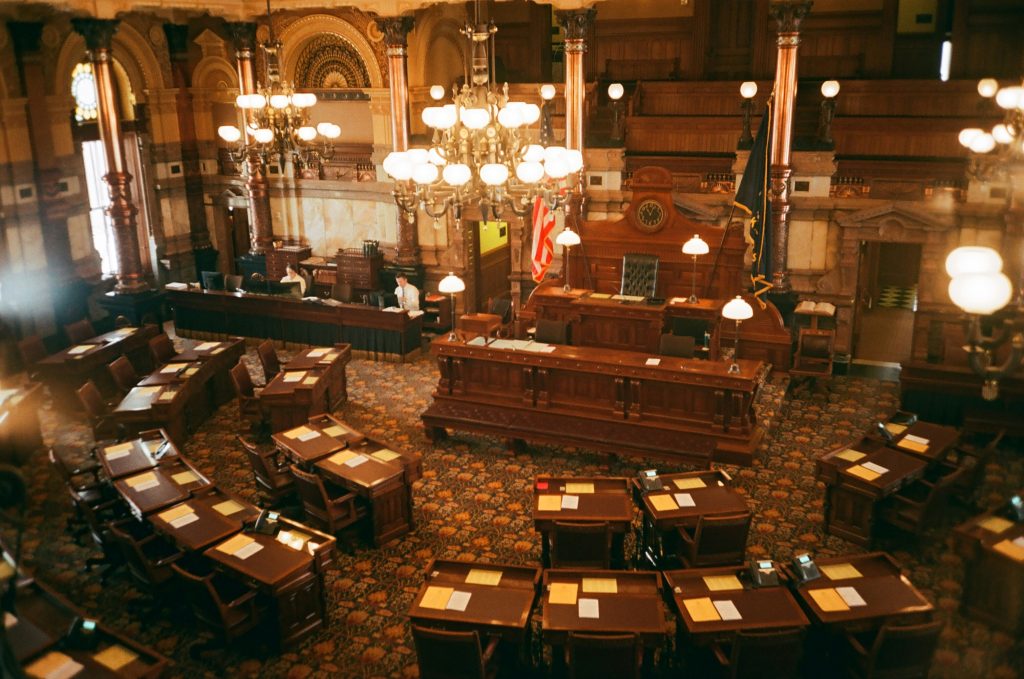Embark on a journey through the intricate realm of Multidistrict Litigation (MDL) in Mass Torts as we unravel its intricacies, purposes, and implications for litigants.
Exploring MDL: Multidistrict Litigation (MDL) serves as a procedural mechanism within federal courts, consolidating pretrial proceedings for numerous related cases with common questions of fact. In Mass Torts, MDLs are a common approach when multiple plaintiffs from different jurisdictions bring claims against one or more defendants.
The Purpose and Benefits of MDL: Efficiency in Justice: MDL streamlines pretrial proceedings, optimizing discovery processes, motions practice, and other preliminary matters to conserve resources for both litigants and the court. Harmonization and Coordination: Centralizing related cases under MDL ensures consistent rulings and coordinated management, reducing duplication and minimizing conflicting decisions across various jurisdictions. Facilitating Settlement Negotiations: MDL facilitates global settlement negotiations, enabling parties to reach comprehensive resolutions that address the interests of all involved plaintiffs and defendants.
MDL Procedures: Transfer and Consolidation: The Judicial Panel on Multidistrict Litigation (JPML) determines the transfer and consolidation of cases into MDL based on factors like shared questions of fact, common defendants, and judicial efficiency. Centralization Order: Upon transfer, the JPML issues a centralization order, designating a single judge to oversee pretrial proceedings and manage the MDL docket. Pretrial Proceedings: MDL pretrial proceedings encompass discovery, motion practice, expert witness hearings, and bellwether trials aimed at evaluating plaintiffs’ claims’ strength and facilitating settlement negotiations. Remand or Trial: Following pretrial proceedings, cases may be remanded to their original district courts for trial or further proceedings if settlement negotiations prove unsuccessful.
Implications for Litigants: Litigants within MDLs should note the following implications:
Limited Role of Individual District Courts: Individual district courts in MDL proceedings have restricted jurisdiction over pretrial matters, with the MDL judge directing centralized proceedings. Coordinated Discovery and Strategy: Litigants must synchronize their discovery efforts and litigation strategies with other parties and the MDL judge, ensuring coherence and efficiency in pretrial proceedings. Potential for Comprehensive Settlements: MDLs present opportunities for global settlements resolving all claims across multiple jurisdictions, offering conclusive resolutions for both plaintiffs and defendants.
In Conclusion: Multidistrict Litigation (MDL) stands as a pivotal procedural tool in Mass Torts, fostering judicial efficiency, coherence, and coordinated management of complex litigation. Understanding MDL’s purpose, procedures, and implications is imperative for litigants navigating Mass Torts litigation in federal courts.
Stay tuned for further insights and discussions on Mass Torts law in forthcoming blog posts from Gregory Fenn. Should you have any inquiries or topics you wish to explore, please don’t hesitate to reach out. Thank you for embarking on this enlightening journey!

